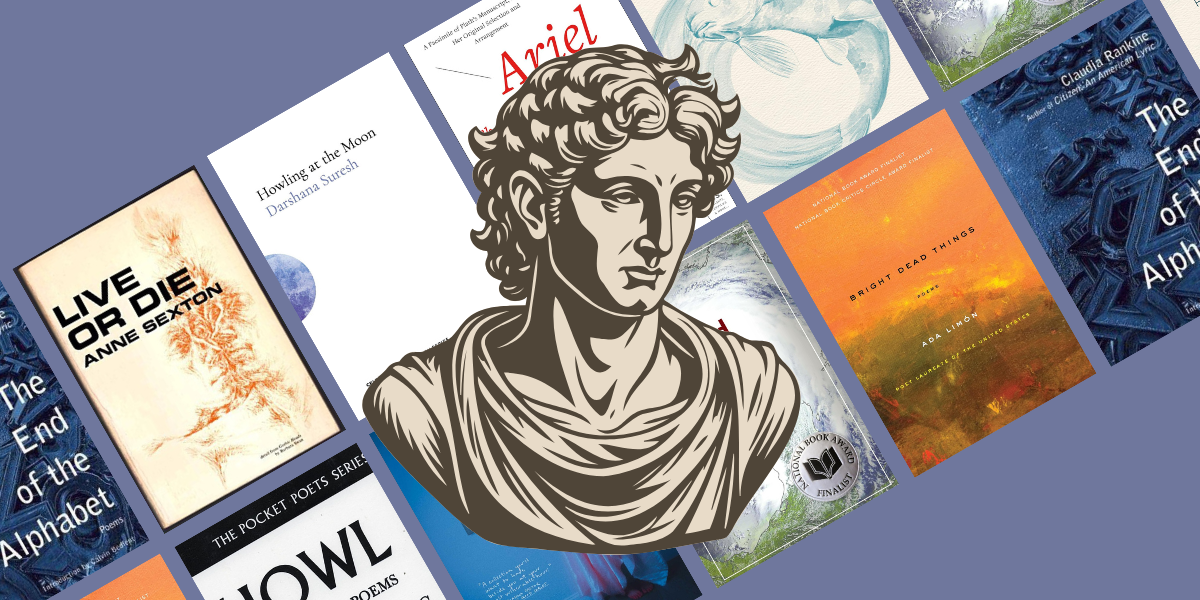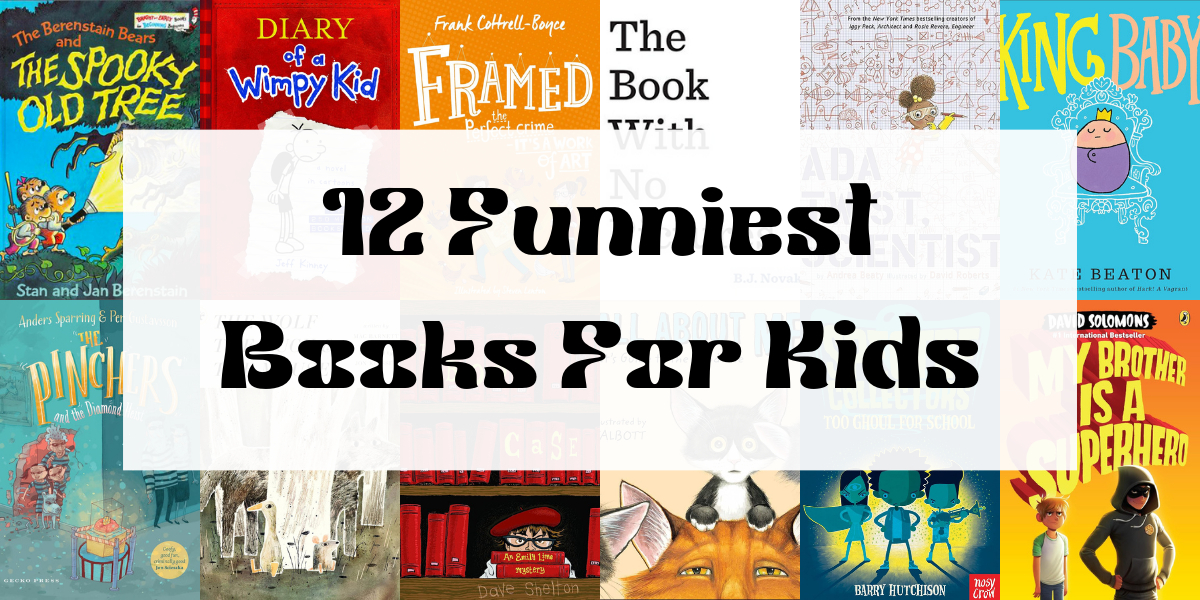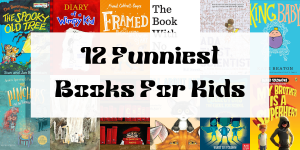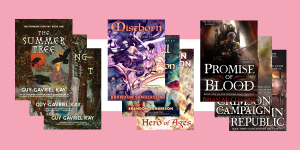As easy as it may sound, reading is actually one of the common challenges readers face with numbers growing from 10 million children worldwide.
However, poor reading habits don’t just limit you to enjoy books but can restrict you from going beyond boundaries and learning.
The good part is, there is hope.
There have been many instances where people overcame any challenge they had and started living a life like a bookworm.
So, here’s an in-depth guide to talking about the everyday challenges do readers face and ways to overcome them in no time.
What are the Common Challenges do Readers Face
Here are the common challenges do readers face and how to further overcome them.
Poor comprehension
Without realizing it, we carry out many complex tasks by reading just a single blog post like this one. Then, we have to make sense of it all from a letter to words, words to sentences, and sentences to paragraphs.
When a beginner finally opens up a book to read, they skip through the words they don’t understand or are simply too hard to make sense of. This is one of the major reasons you are unable to comprehend those long paragraphs. At times, it’s your fault.
The reason for this could be anything. Some of them include:
- Reading books at a too high level
- Struggling with decoding
- Reading looks like a chore to you
Short Attention Span
Have you felt like leaving the book and getting onto all the tasks swarming around in your head while you read? Or perhaps reading over 5 pages can make it challenging to comprehend the rest of the text? If yes, your problem is your short attention span.
When you are reading, it’s not just digesting the information that matters; you also need to grab the idea, carry out imagery and find out references to make the book alive in your mind. Now, whether ADHD is the culprit behind it or you’re simply distracted if you are having trouble with concentration, there are many things you could do to help.
Cell phone addiction
Many teenagers have claimed the addition of cell phones. When you get a message, answer it, and with that comes endless distractions and conversations, which can make it difficult to go back to reading. It does not just affect your general reading but overall study time as well.
Lack of Vocabulary Skills
If you have tried reading, I’m sure you have skipped a few words on every page. Although this is a common act, it deprives you of the opportunity to learn new words; as you know more words, your vocabulary increases, making it easier to comprehend and recognize words. People who continue to expand their vocabulary are more likely to return for more books than people who lack common vocabulary skills.
Also read: How to Improve Your Vocabulary
Slow Speed
If speed is the key challenge why you are reluctant to read, there may be an underlying problem you are trying to ignore. This could be slow processing of information where it is harder for you to digest large chunks of information at once. Here, you can try strategy instruction to break down the chapters into smaller units and complete them as a task rather than a hobby at first. Sure, it won’t be easy at first, and it might even look like a chore. But once you get into the “flow,” everything will get easier.
Also read: 8 Proven Tips To Read Books Faster
Dyslexia
This is a severe issue where people have trouble making sense of the letters written on a parr. If you cannot find the right words from the page in your mind, chances are, you’re dyslexic. So here, it’s crucial you learn to read the words before learning to comprehend the ideas.
Reading Strategies that Can Help
Activate ideas
You indeed don’t have to dive headfirst into reading the book. Instead, you can start by reading book reviews, summaries or following the book pages on Instagram, Quora, Reddit, or Facebook. This way, you help activate the prior knowledge, making it easier to consume the information better, and you can even discuss the topics with your friends to prepare you for reading.
Also read: How to Effectively Read During Lockdown.
Build vocabulary
Learning vocabulary is a helpful skill that you can start learning besides your daily book-reading practices. You could say it works hand in hand. It will not only improve your reading speed but can help you comprehend the stories a lot better.
But is that something you already know but don’t know how actually to do it? Glad you asked that. Here’s how you can effectively learn vocabulary that you can actually use in your daily life.
Every time you stumble upon a usual word, look it up in an online dictionary and note it on a piece of paper. Then search for 5 sentences and write down 5 of your sentences that include that specific word. Repeat this process for the same word for three days. After that, aim to have it on your day at least once. It will help to add the comment to your natural vocabulary, which you can use throughout the day.
Another thing that has proven to be proven is subscribing to “Word of the day” feeds. This can either be a website, Instagram account, or email to help add more words to your vocabulary.
Improve Attention Span
Due to the thousands of things that swarm around in our minds, it can be difficult to put your 100% attention into something you are currently doing. Not just for reading, having good concentration can also be the key to acing your exams, a project or perhaps anything you’re putting your mind into.
There aren’t any magic tricks that can instantly make you more attentive in reading and hone your mind’s ability to concentrate. Try to block out distractions like phone notifications or perhaps sitting in a quiet place; you can try rereading a book that you like to make it easier to understand the information without putting too much pressure.
This can drive away from the strain from your mind in comprehension to just forcing you to stick around and read. If you are still struggling to overcome these readers’ challenges, here are some of the ways you can train your brain effectively for high-value performance.
Play concentration games:
This can include anything that will require you to develop strategies, problem-solving, and tricks to help your brain participate in that game. These games could be anything from chess, monopoly, Sudoku, jigsaw puzzle, or memory games in general.
Playing certain types of games can help you get better at concentrating. Try:
Include advanced physical exercise
Physical exercise has proven to do wonders for your mental health as well. Start by incorporating more intense workouts as the weeks pass to help you broaden your mind as well. Here, the more outdoors, the better. You can go jogging, bicycle rides, swimming, or even hiking for best results.
Read carefully and deliberately.
Reading is not a race. If you are struggling to read, there are chances that you are feeling this way because you are going faster than you can read. Sure, speed is essential, but not at the expense of comprehension. Therefore, take your time to read even the words you don’t understand and look them up for better understanding.
Reread for mistakes and content
Although I’ve touched upon this point before, it needed more emphasis. Instead of skipping through the complicated words, sentences, or paragraphs, bring your focus on reading each word each syllable correctly. It wouldn’t be easy, but once you are done with that, you will realize how important it is to read the complicated parts to improve your love for your reading.
















